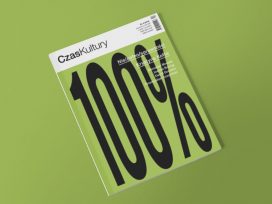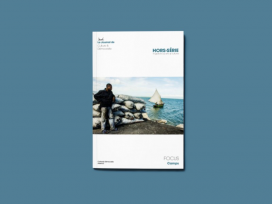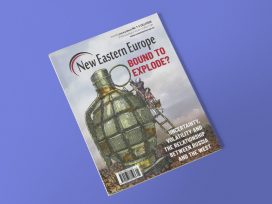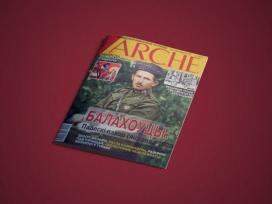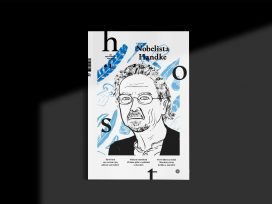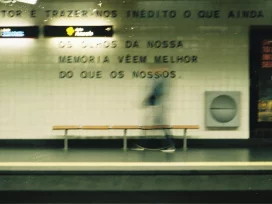Belgian journal Culture & Démocratie devotes a special issue to the theme of the camp and its broad range of meanings, including refugee camps, detention centres and concentration camps.
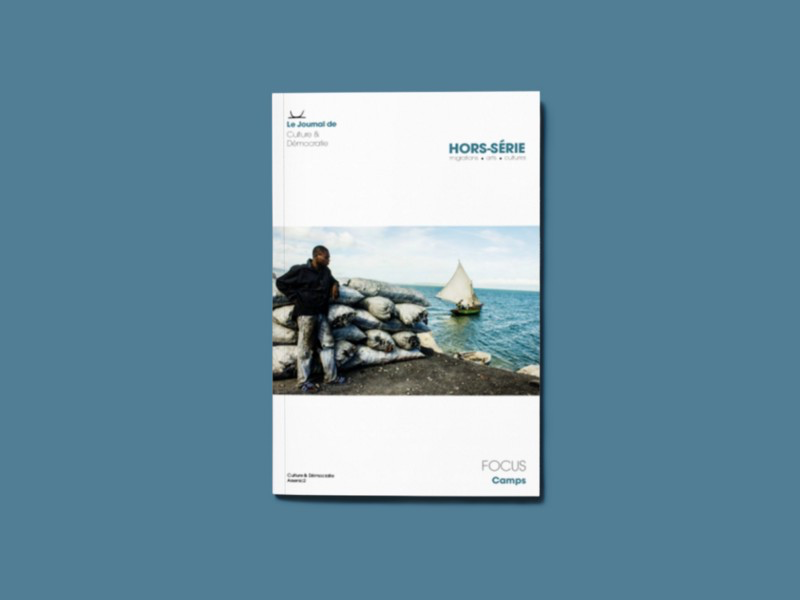 The inherent paradox of refugee camps lies in their double role as places of sanctuary and confinement, writes Clara Lecadet. Considering the UNHCR’s idea of preventative protection, she argues that humanitarian aid, while ‘presented as a model example of virtuous help and refuge, is, in fact, a very powerful political tool for controlling movement’. The populations of camps see the institutions or states that run them as a form of power, as shown by the election of representatives to negotiate rights or demands. Humanitarian marketing and the use of celebrity endorsements conceal this hidden reality of inequality.
The inherent paradox of refugee camps lies in their double role as places of sanctuary and confinement, writes Clara Lecadet. Considering the UNHCR’s idea of preventative protection, she argues that humanitarian aid, while ‘presented as a model example of virtuous help and refuge, is, in fact, a very powerful political tool for controlling movement’. The populations of camps see the institutions or states that run them as a form of power, as shown by the election of representatives to negotiate rights or demands. Humanitarian marketing and the use of celebrity endorsements conceal this hidden reality of inequality.
Control
Nimetulla Parlaku discusses the relationship between camps, power and cities, asking, ‘is a camp not the beginning of a city?’ He describes the control and power relations that distinguish camps from the early stages of cities, showing that rules applicable to French communes do not apply to camps – a testimony to the fact that these zones are not subject to the same legislation and rights as the rest of a country. ‘Camps are no longer the organic catalyst of a city, but instead, as in our detention centres, spaces of controlled immobilization for migrants.’
Virtual camps
Roland de Bodt reflects on his teenage realization, reading Peter Weiss’s play The Investigation, that Nazi concentration camps ‘were not a “blunder” or a “mistake” of modern history: they were the prototype (while very imperfect) of the industrial society that would be established, on a global scale, after the Second World War.’ Far from having disappeared after 1945, camps still exist today, albeit in subtler ways. In social media, he argues, we are denied freedoms by a system that monitors our every movement, and crucially, that seduces us into voluntary participation.
More articles from Le Journal de Culture & Démocratie in Eurozine; Le Journal de Culture & Démocratie’s website
This article is part of the 2/2020 Eurozine review. Click here to subscribe to our reviews, and you also can subscribe to our newsletter and get the bi-weekly updates about the latest publications and news on partner journals.

This article was published in cooperation with CAIRN International Edition, translated and edited by Cadenza Academic Translations.
Published 13 February 2020
Original in English
First published by Eurozine
© Eurozine
PDF/PRINTPublished in
In collaboration with
Newsletter
Subscribe to know what’s worth thinking about.
Related Articles
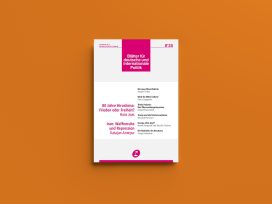
Philosophy and the bomb
Blätter für deutsche und internationale Politik 8/2025
Karl Jaspers, Günther Anders and the nuclear dichotomy; how Israel’s allies have abandoned the Iranian opposition; and EU asylum policy ten years on from ‘Wir schaffen das’.
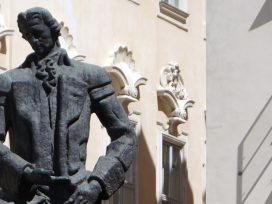
What happens to democracy when governments court the rich and highly skilled, offering citizenship as privilege, when those in need are turned away? This year’s Speech to Europe takes the concept of ‘good’ and ‘bad’ migrants to task.
